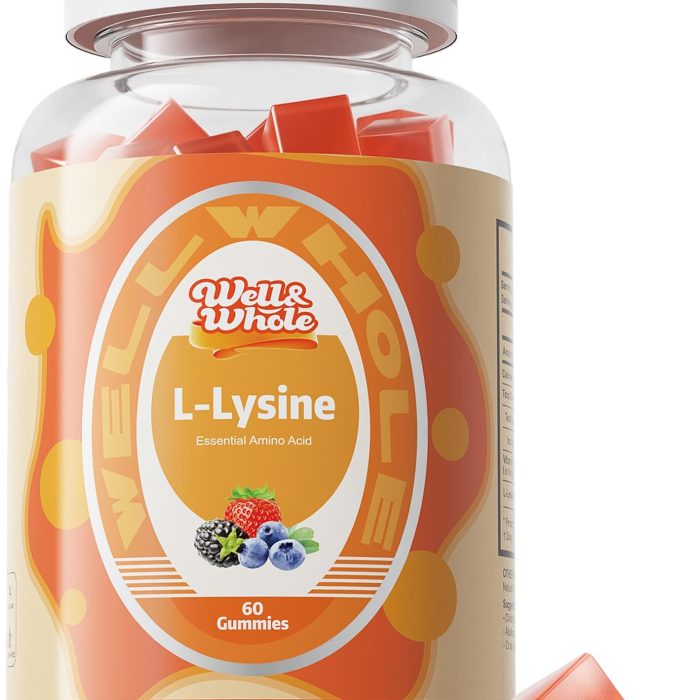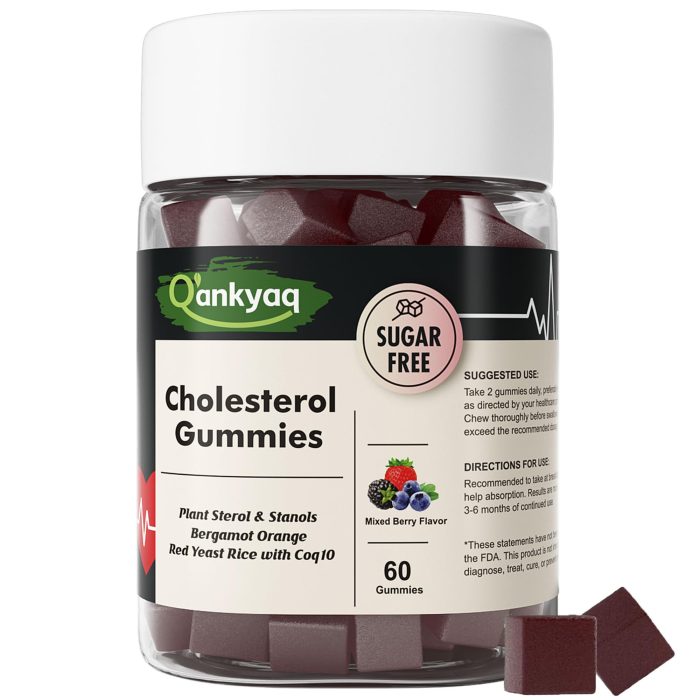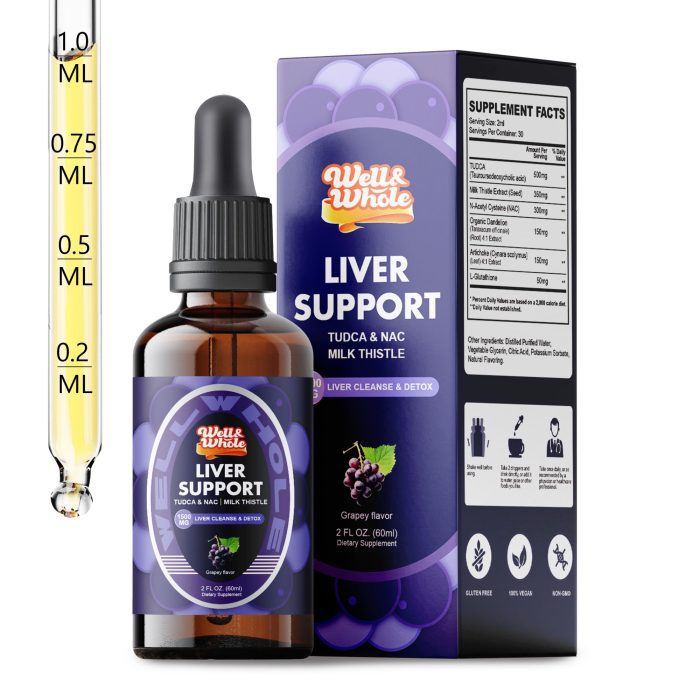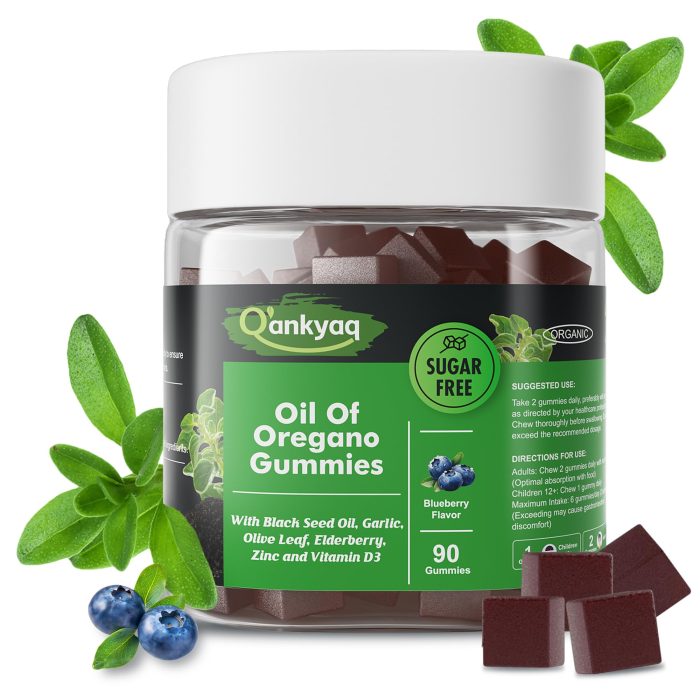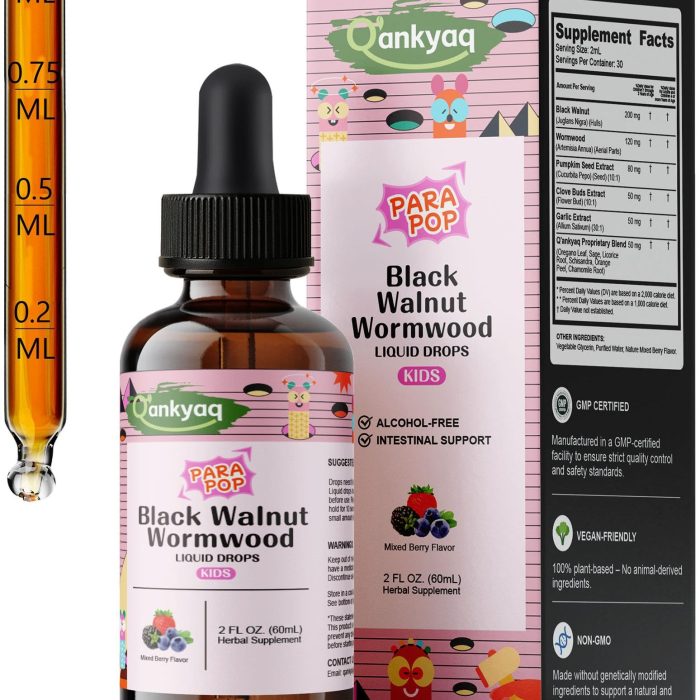Understanding the Difference Between Non-Essential and Essential Amino Acids for Better Health
When it comes to optimal body performance, amino acids are among the most critical nutrients that often don’t receive the attention they deserve. These molecular building blocks form proteins required for virtually every function in the human body—from muscle repair to enzyme production. Despite their universal importance, amino acids are categorized into non-essential and essential amino acids, which differ in their origin, role, and how the body processes them. Understanding these distinctions can unlock new strategies for improving health, especially with Well&Whole’s premium wellness solutions.
What Are Non-Essential Amino Acids?
Non-essential amino acids are produced naturally by the body, meaning they don’t need to be obtained from dietary sources. There are 11 non-essential amino acids, including alanine, asparagine, glutamate, and serine, among others. These versatile molecules play critical roles, such as enabling the production of neurotransmitters, aiding immune responses, or supporting cellular repair.
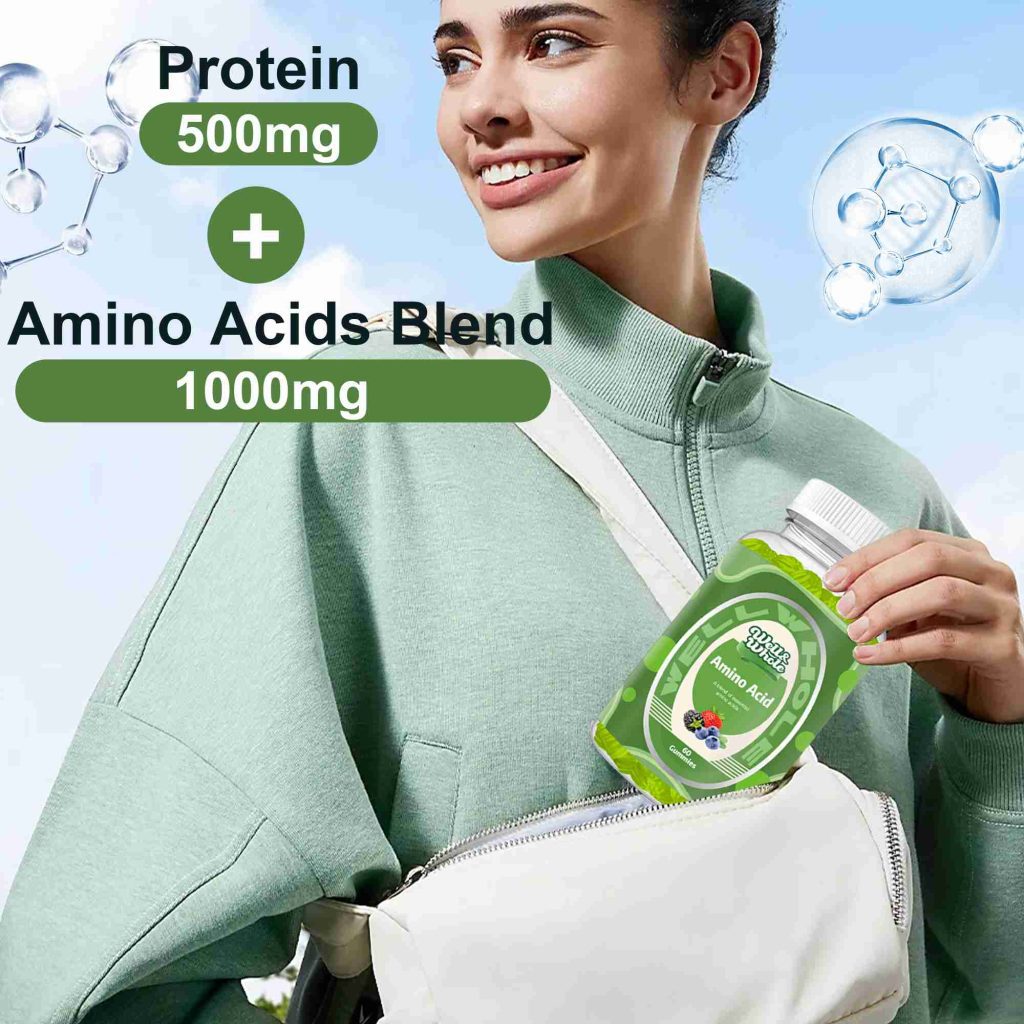
Because the body synthesizes non-essential amino acids, their levels are generally stable, provided nutrition isn’t severely deficient. One remarkable non-essential amino acid is glutamine, which contributes to gut health and immune functions. However, in scenarios of extreme stress, illness, or heavy physical exertion, even non-essential amino acids may become “conditionally essential.” This means supplementation or dietary intake becomes crucial during such conditions to avoid disruptions in vital processes.
A Closer Look at Essential Amino Acids
Essential amino acids, on the other hand, cannot be produced by the body. We must rely entirely on external sources like protein-rich foods or quality supplements. There are nine essential amino acids: histidine, isoleucine, leucine, lysine, methionine, phenylalanine, threonine, tryptophan, and valine.
Each of these amino acids performs unique and indispensable functions:
- Leucine and isoleucine help maintain muscle tissue and recover from injuries.
- Tryptophan is famous for promoting restful sleep and emotional balance.
- Methionine supports metabolism and detoxification.
Research highlights that combining all nine essential amino acids is essential for protein synthesis, which sustains muscle growth, tissue repair, and overall cellular health. Without adequate supplies of essential amino acids from diet or supplementation, the body cannot operate optimally. In fact, protein deficiencies globally result in stunted growth and weakened immunity; this underscores the importance of meeting your amino acid requirements daily.
The Interconnected Roles of Non-Essential and Essential Amino Acids
Both non-essential and essential amino acids are necessary for overall health, functioning synergistically to execute tasks like protein building and hormone synthesis. For example, proline, a non-essential amino acid, works alongside lysine, an essential amino acid, to form collagen—a protein critical for healthy skin, joints, and bones.
Furthermore, evidence suggests amino acid imbalances can impair metabolic pathways. Studies reveal that nearly 26% of global adults fail to meet their essential amino acid requirements from food alone, underscoring the growing need for targeted supplementation. This is where Well&Whole’s scientifically-formulated amino acid supplements come into play, ensuring you get precise doses to optimize health effectively.
Incorporating Amino Acids into a Balanced Lifestyle
To maximize the benefits of amino acids, prioritize a diet rich in high-quality proteins. Lean meats, fish, eggs, dairy, and plant-based sources like legumes or quinoa are excellent choices. For those leading active lifestyles or seeking enhanced performance, incorporating amino acid supplements can act as a safety net.
At Well&Whole, we offer tailored solutions to support your amino acid needs, especially during periods of stress or physical activity when demands are higher. Our products are designed to bridge nutritional gaps and empower your body’s repair and renewal processes naturally. With global health trends increasingly pointing toward personalized wellness, now is the time to act.
Why Amino Acids Matter for Holistic Health
Whether naturally produced (non-essential) or obtained externally (essential), amino acids play indispensable roles in maintaining life. Understanding their differences enables individuals to make informed dietary and supplementation choices that align with long-term health goals.
Well&Whole is committed to providing best-in-class health solutions tailored to modern lifestyles. Boost your amino-acid intake today with products that ensure vitality, performance, and wellness for years to come. Invest in yourself—because your health deserves the very best.
In conclusion, knowing the difference between non-essential and essential amino acids can help you unlock true health potential. So, whether you’re maintaining your active lifestyle, supporting recovery, or simply seeking ways to elevate wellness, make amino acids a top priority for your daily regimen.


